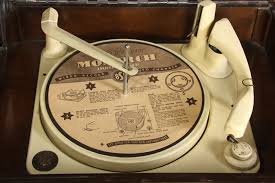
If, like me, you are a ‘50s-‘60s ite, you probably remember stacking records up on an automatic turntable, watching the first drop, being played then another dropping and so on. Spotify, eat your heart out! Now, various companies made auto-changers (as the Yanks called them), but in my book, BSR (Birmingham Sound Reproducers) made the best, at an affordable price and could be repaired with a hammer and coal chisel and a design well thought through. Unlike some of the competition, these machines were easily maintained, as said and worked reliably. Garrard players were well made, cost more. Then, Collaro… Quality machines but never worked even when they left the factory. They were responsible for many a humble engineer turning to hard drugs.
The founder of BSR, Dr. Daniel McDonald was a clever individual. He started out his engineering life working for BTH, British Thomas Huston (Big Thick and Heavy as it should have been known). He saw a market for quality mains and audio output transformers, for use in radio and Public Address gear. In ’32, he was making these from a small workshop in Blackheath, the Black Country (that funny Birmingham area). As his transformers we so good, he decided to design and sell his own PA (public address) systems which normally included a record deck for the music element. His first machine was the Ampligram. Fine looking highly polished case, housing a 25 watt amplifier (massive for those days), a microphone and record deck. The adverts were lovely, “designed for halls where 350 couples can dance the night away”!
Daniel always was insistent that, as far as possible, everything should be made in house. He increased his factory to make motors for the record decks, cabinets etc.
Between ’47 and 58, BSR became the biggest supplier of turntables. These ranged from single play decks to the famous “Monarch” range which could play a mix of different size records, stacked in any order. The deck used a clever little “finger” which, as the record dropped from the centre spindle, was knocked down and detected the diameter of the disc. This set the pickup arm to start playing at the right place. Brilliant to watch in action! Tens of thousands of record players and radiogram manufacturers used this range of decks. Another key item designed was a light-weight pickup (UA8). This was based around a small quartz crystal, which when vibrated by the stylus in the groove, produced enough power to drive only one valve in the record player. This drove down costs. Prior to this, pickups had big magnets and weighed the same as a family car and quickly wore out records. He also established a sales force to target the U.S. market. There were some battles with Zenith and other companies but product was sold and stood its ground.
Due to massive growth of the business, factories in Northern Ireland were set up and elsewhere in the UK, this had its problems. Daniel was a very hands-on manager and put a lot of store in keeping his staff happy. It was almost a “lifestyle” company. Dances, outings, events were always being held and staff loved working there.
The product range was huge. “Music while you work” systems, office intercoms, Police car loudhailers, to name but only a real few. In some ways this was to be the beginning of the downfall.
A great little tape deck was also part of the portfolio. The TD1,2,4 etc were simple, reliable machines and at a good budget, were bought by every tape recorder manufacturer. This mean the Joe-Public could own their own tape machine to record their best tunes from Two Way family Favourites on a Sunday after dinner, or record Uncle Jack signing down the boozer. Again, to keep things in house, McDonald bought the company who made the tape heads.
By the late ‘60s – ‘70s, there had been lots of changes. McDonald had taken a back step and new Whipper-Snapper management had not done a good job of things. New products like 8 track decks were being made and clever electronic record decks that made the coffee as well, were being churned out. With a company jet and other extravagancies, one could see what was going to happen.
By the ‘80s things were not good. Competition from the Far East, CD players etc. finally closed the doors on what was one of those great British companies. So there we go. If you grew up playing your Lonnie Donnigan records on your Dansette, please, say a quick thank you to Dr. Daniel McDonald.



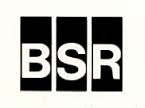



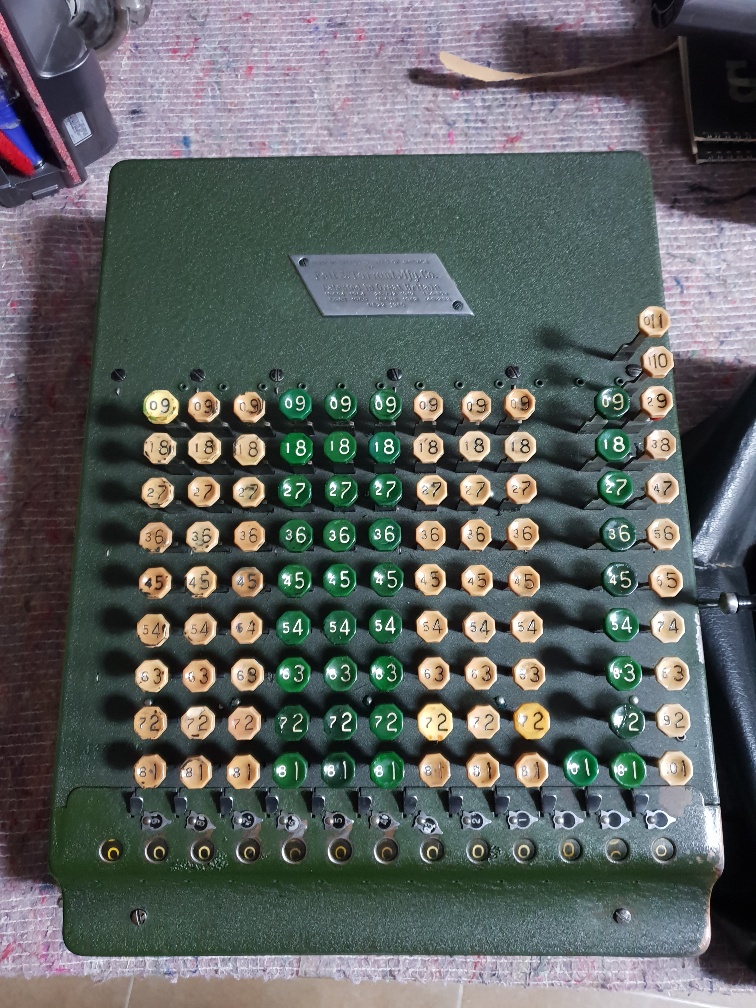
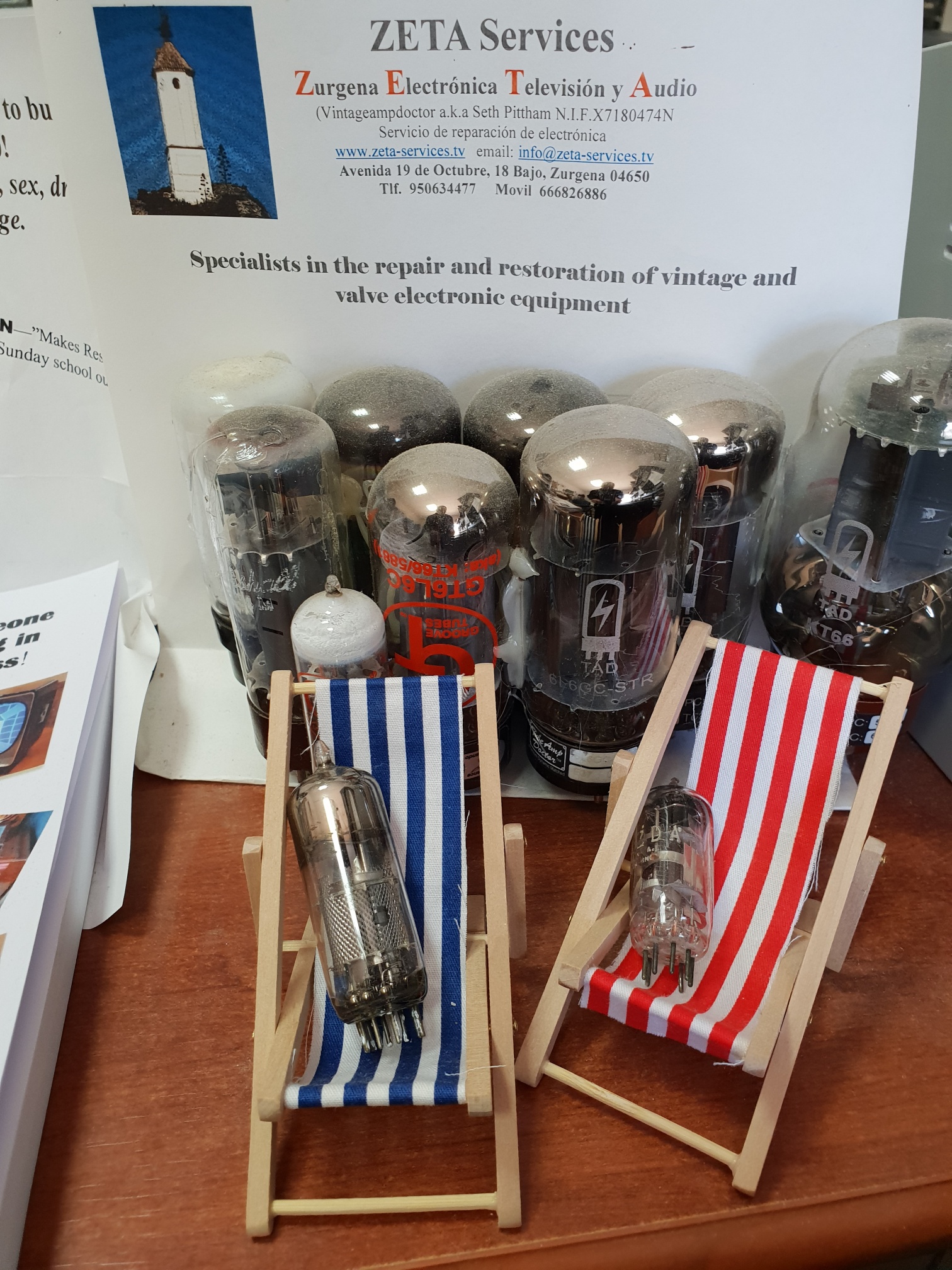
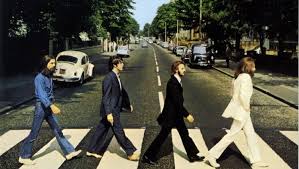
I’ve still got my bsr turntable and I love it